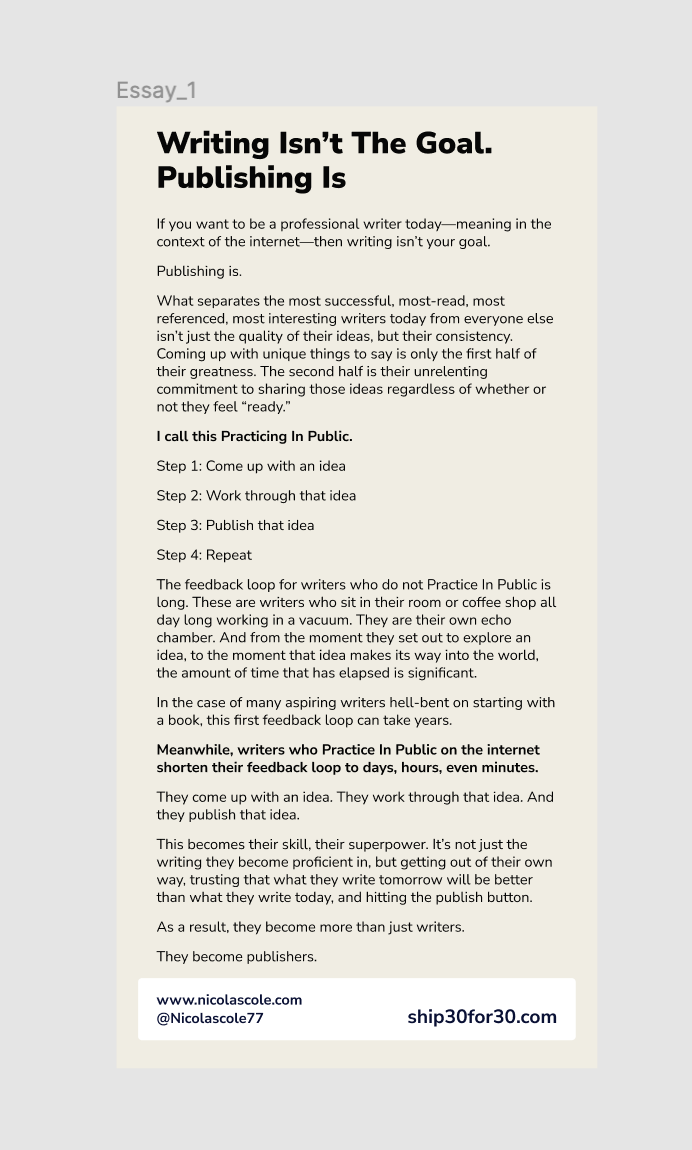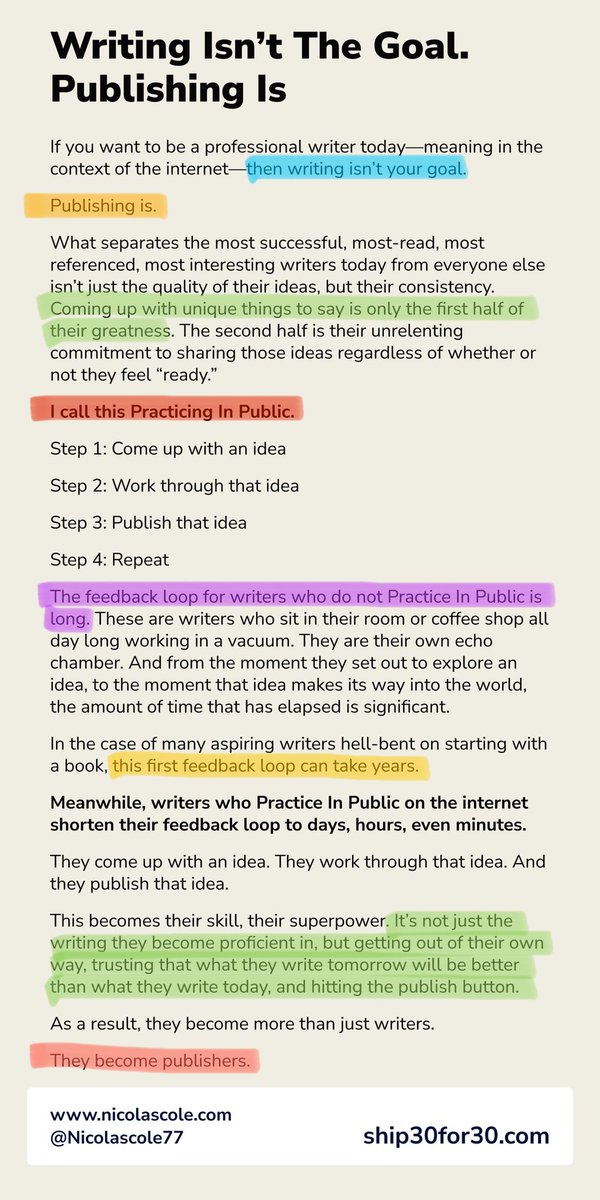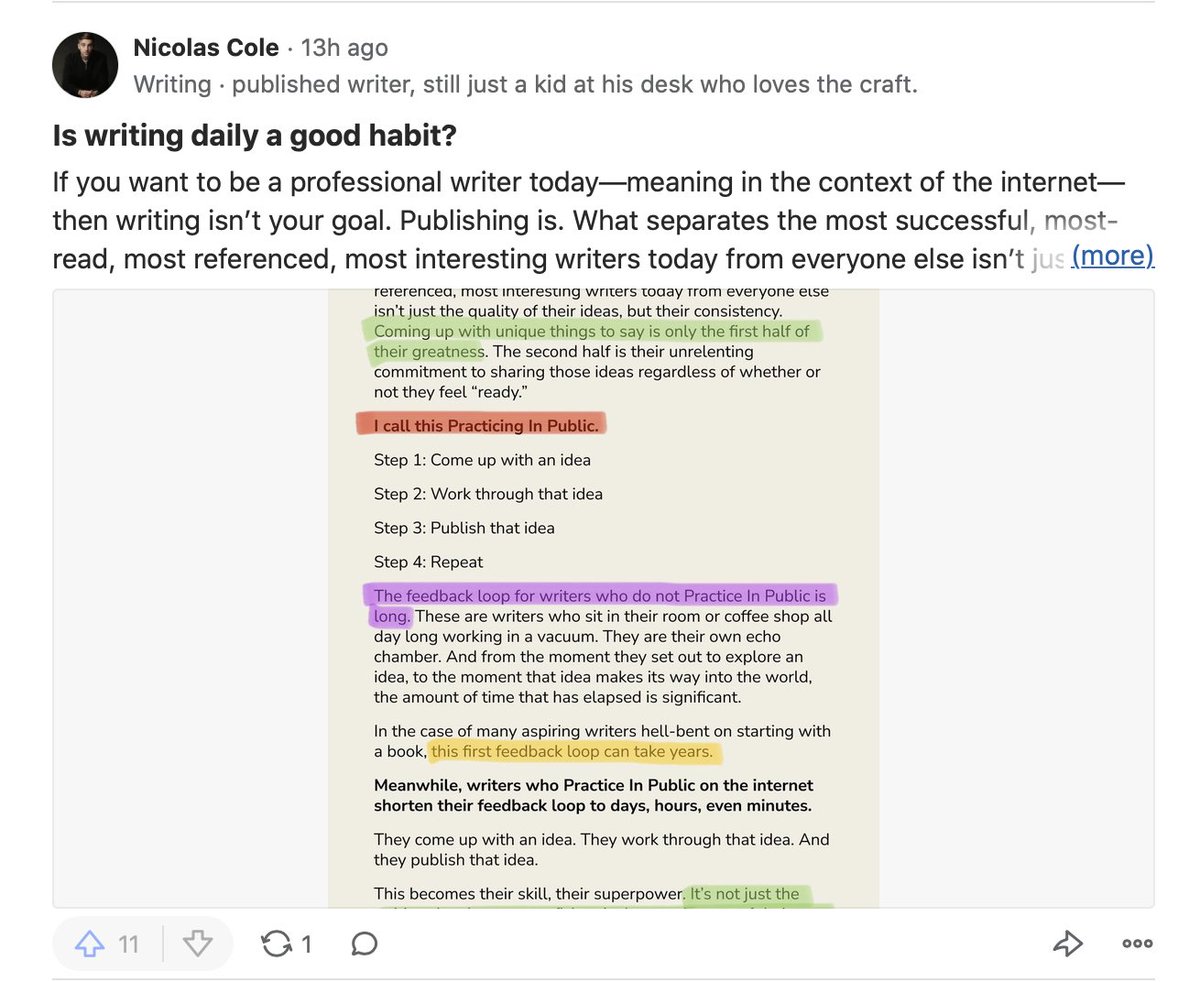With Biden preparing to take office today, a short reflection about being in higher ed teaching media courses the past four years: 1/
So I want to tell you a story I haven’t told anyone before. 4/
She’s an amazing person and I wish you could know her. 5/
More important, she is a friend. One of those people that make academia rich because of the relationships we build. 6/
But my memory of that is she had a weary smile. I couldn’t believe she was smiling. 7/
Anyhow, I mentioned the students not wanting to come to class. 8/
So she and I hatched a plan.
I opened up my classroom to all majors. A room that seated 35 and had 30 students, and we just said we’ll take all comers. 9/
But we can’t recede into privilege and assume it’ll be fine. Because it won’t. 16/
More from Biden
Late Night Scoop: Victoria Coates, former senior Trump admin official recently appointed to Middle East Broadcasting Networks, fired tonight by Biden appointees. No cause for termination given, no option to resign. Biden already betraying his own \u201cunity agenda\u201d pic.twitter.com/Ys8RbRKydG
— Adam Kredo (@Kredo0) January 23, 2021
Guys like @Kredo0 want to a.) put the onus of unifying the country entirely on Biden and Dems, b.) pretend that “unity” is the same as capitulation, while c.) not giving an inch on their end.
No. No, no, no. Nice try.
Really, get all the way the fuck out of here with that take. “Biden didn’t keep Trump’s POLITICAL APPOINTEES in their position, therefore Biden isn’t unifying the country.” Fuuuuuuck off with that bullshit.
When Biden said “unity,” he was talking about trying to help ALL Americans, not just the ones who voted for him. This, sadly, needed to be said after the Trump administration repeatedly tried to screw over people who didn’t support him.
Remember when the Trump administration INTENTIONALLY let the virus rage out of control (really should have been a bigger scandal, but 🤷🏻♀️) because it was mostly hitting states that voted for Dems?
You May Also Like
As someone\u2019s who\u2019s read the book, this review strikes me as tremendously unfair. It mostly faults Adler for not writing the book the reviewer wishes he had! https://t.co/pqpt5Ziivj
— Teresa M. Bejan (@tmbejan) January 12, 2021
The meat of the criticism is that the history Adler gives is insufficiently critical. Adler describes a few figures who had a great influence on how the modern US university was formed. It's certainly critical: it focuses on the social Darwinism of these figures. 2/x
Other insinuations and suggestions in the review seem wildly off the mark, distorted, or inappropriate-- for example, that the book is clickbaity (it is scholarly) or conservative (hardly) or connected to the events at the Capitol (give me a break). 3/x
The core question: in what sense is classics inherently racist? Classics is old. On Adler's account, it begins in ancient Rome and is revived in the Renaissance. Slavery (Christiansen's primary concern) is also very old. Let's say classics is an education for slaveowners. 4/x
It's worth remembering that literacy itself is elite throughout most of this history. Literacy is, then, also the education of slaveowners. We can honor oral and musical traditions without denying that literacy is, generally, good. 5/x
Decoded his way of analysis/logics for everyone to easily understand.
Have covered:
1. Analysis of volatility, how to foresee/signs.
2. Workbook
3. When to sell options
4. Diff category of days
5. How movement of option prices tell us what will happen
1. Keeps following volatility super closely.
Makes 7-8 different strategies to give him a sense of what's going on.
Whichever gives highest profit he trades in.
I am quite different from your style. I follow the market's volatility very closely. I have mock positions in 7-8 different strategies which allows me to stay connected. Whichever gives best profit is usually the one i trade in.
— Sarang Sood (@SarangSood) August 13, 2019
2. Theta falls when market moves.
Falls where market is headed towards not on our original position.
Anilji most of the time these days Theta only falls when market moves. So the Theta actually falls where market has moved to, not where our position was in the first place. By shifting we can come close to capturing the Theta fall but not always.
— Sarang Sood (@SarangSood) June 24, 2019
3. If you're an options seller then sell only when volatility is dropping, there is a high probability of you making the right trade and getting profit as a result
He believes in a market operator, if market mover sells volatility Sarang Sir joins him.
This week has been great so far. The main aim is to be in the right side of the volatility, rest the market will reward.
— Sarang Sood (@SarangSood) July 3, 2019
4. Theta decay vs Fall in vega
Sell when Vega is falling rather than for theta decay. You won't be trapped and higher probability of making profit.
There is a difference between theta decay & fall in vega. Decay is certain but there is no guaranteed profit as delta moves can increase cost. Fall in vega on the other hand is backed by a powerful force that sells options and gives handsome returns. Our job is to identify them.
— Sarang Sood (@SarangSood) February 12, 2020


















